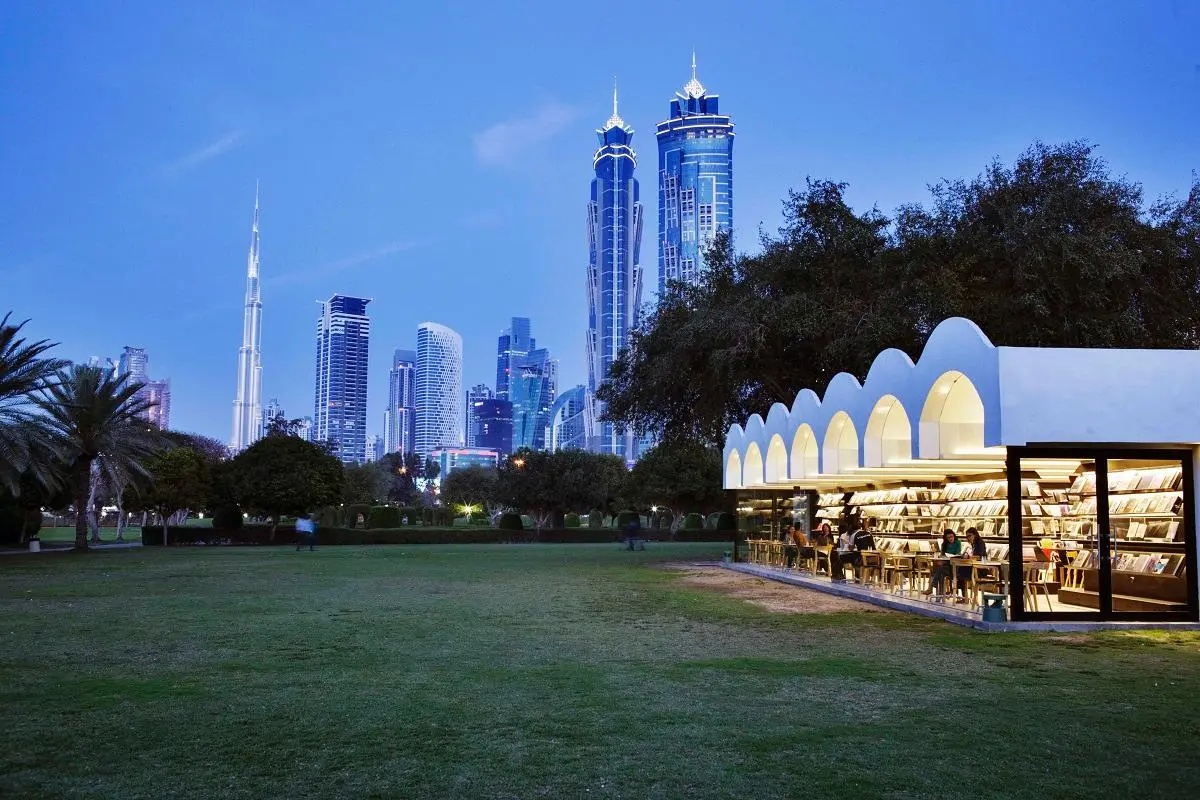PHOTO
DUBAI- Dubai real estate prices could decline by 10 to 15 percent over the next two years, hit by new supply, geopolitical risks and the introduction of value added-tax in the United Arab Emirates, S&P Global Ratings' analysts said on Tuesday.
The grim prediction came after Dubai residential prices fell by 5 to 10 percent in 2017, and the weak property market has also begun to hurt earnings of the emirate's top property developers.
"We believe this correction will continue at least for this year and next, before prices stabilise in 2020 at the earliest," said Sapna Jagtiani, S&P's credit analyst for corporate and real estate ratings.
Rents in both residential and retail markets will also remain under pressure, and hotels will be forced to accept lower average daily room rates to maintain occupancy levels, S&P said.
Property prices are down 16-19 percent from their peaks of over three years ago, National Bank of Kuwait said in a report this month.
Jagtiani told reporters that Dubai's Expo 2020 could benefit the property market due to the potential increase in economic activity on the back of the expected arrival of 25 million visitors and new residents.
However, she cautioned the property sector ran the risk of "overbuild," the effects of which would be felt beyond 2020.
Property consultancy Jones Lang LaSalle's 2017 report suggested the planned residential supply in Dubai would grow by 9 percent in 2018 and 7 percent in 2019.
Emaar Properties EMAR.DU reported a 16 percent slide in fourth-quarter net profit on Feb. 14, as costs weighted on Dubai's largest listed developer.
It followed results from fellow developer DAMAC Properties DAMAC.DU that showed a nearly 47 percent plunge in net profit for the quarter.
Jagtiani said geopolitical risks, such as the standoff between Qatar and some of its powerful Gulf neighbours, would weigh on sentiment, even though Qatari investors were not among the top 10 property investors in Dubai.
Qatar, a tiny but rich Gulf Arab state, has been isolated over the past seven months by trade and travel sanctions imposed by Saudi Arabia, the United Arab Emirates, Bahrain and Egypt over accusations - denied by Doha - that it supports terrorism and regional rival Iran.
Jagtiani said the real estate downturn would not be as severe as that experienced in 2009 due to prudence among lenders and tighter regulation of the property market.
House prices in Dubai in 2009-2010 plunged more than 50 percent from their peaks, pushing Dubai close to a debt default.





















